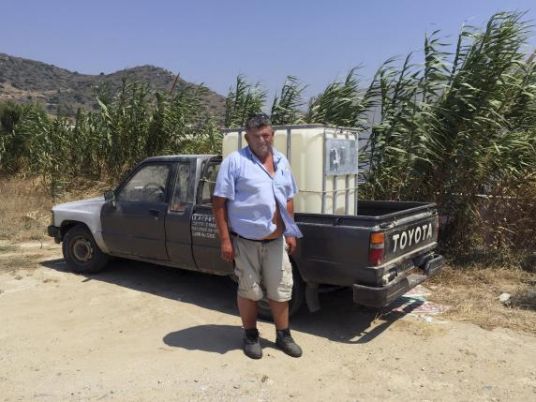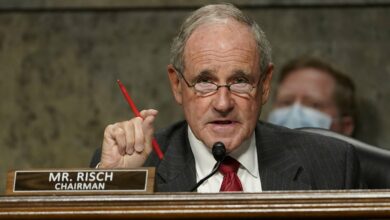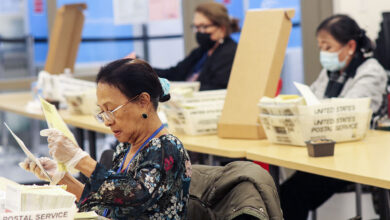
Former Greek Prime Minister Alexis Tsipras' leftist Syriza will emerge as the biggest party after next month's election but without the sizeable margin it was hoping for, the first major opinion poll since he resigned last week showed.
The survey also found that almost two thirds of voters felt Tsipras should not have sought a fresh mandate and that his favoured coalition ally would not make it into parliament.
That suggested his gamble to call early elections to consolidate his power base could backfire, though over quarter of voters remained undecided, making the final outcome far from clear.
Syriza was supported by 23 percent of those polled, with the conservative New Democracy party second on 19.5 percent, according to the survey, carried out by pollsters ProRata and published in Friday's Efimerida Ton Syntakton newspaper.
The previous ProRata poll in early July showed a wider gap in Syriza's favour, putting the party on 26 percent compared with 15 percent for New Democracy.
Tsipras remained the most popular political leader with 41 percent of voters having a positive or very positive view, with New Democracy leader Vangelis Meimarakis was not far behind with 34 percent.
But 64 percent of Greeks said they believed Tsipras's move to call snap polls was wrong, while 68 percent agreed that Greece must stay in the euro zone at any cost, even if that meant further austerity.
"The answers to these two questions lead to the conclusion that early elections may cost the (former) prime minister and Syriza," the newspaper said.
The president is expected to confirm Sept. 20 as the election date on Friday.
A SECOND ROUND OF ELECTIONS?
A caretaker government led by Supreme Court judge Vassiliki Thanou was sworn in earlier, comprising both technocrats and political figures.
The latter include George Chouliarakis, who was part of Greece's bailout negotiating team under Syriza, as interim finance minister.
An ally of the former deputy Prime Minister Yannis Dragasakis, Chouliarakis took a decisive role in the talks in the summer and his appointment is likely to be seen as a positive for keeping the country's bailout programme on track.
Nikos Christodoulakis, who served as economy minister from 2001-2004 under the Socialist PASOK government, took the other key portfolio of economy, shipping, tourism and infrastructure.
Tsipras abruptly resigned last week days after clinching an 86 billion euro ($97.2 billion) bailout package from European and International Monetary Fund lenders, hoping to crush a rebellion by far-left lawmakers and tighten his grip on power.
Popular Unity, the party formed last week by Syriza rebels who oppose the bailout, was backed by 3.5 percent in Friday's poll – above the 3 percent threshold needed to enter parliament.
But the Independent Greeks, the ally in Tsipras' former coalition government, scored just 2 percent, meaning Syriza would be forced to seek another coalition partner.
Tsipras this week ruled out cooperating with the main pro-euro opposition parties – New Democracy, the Socialist PASOK and the centrist To Potami. The poll's result suggested that, in that event, the country would face a second round of elections.
Still, with Syriza's move to accept the EU/IMF bailout, the next parliament will continue have a substantial majority of pro-bailout parties, meaning the country's future in the euro zone looks more secure than it did at the start of the year.
One third of those who supported Tsipras' party in the January 2015 elections that took him into office said they were unsure if they will do so again, the poll said.
It also showed 25.5 percent of voters were still undecided, making them the biggest bloc.
($1 = 0.8848 euros)




